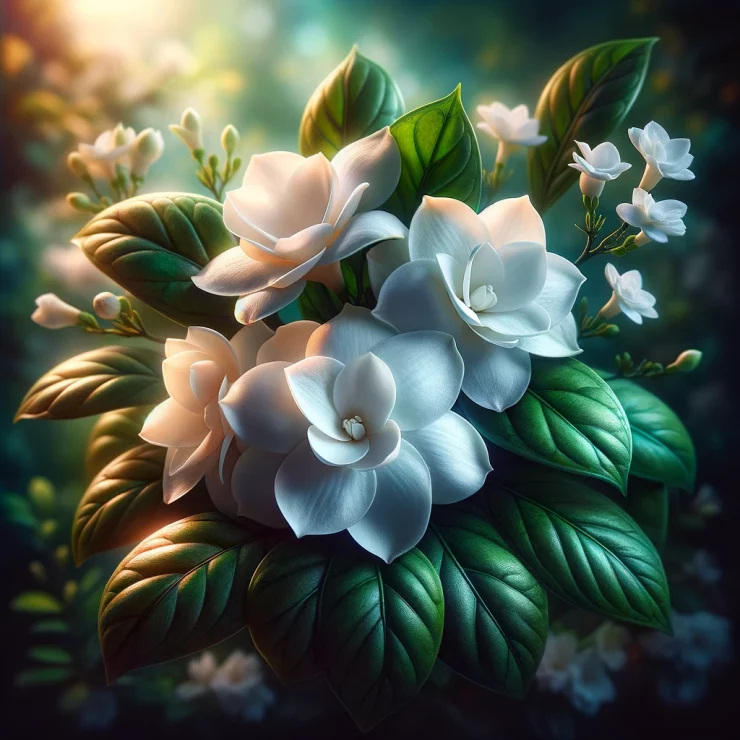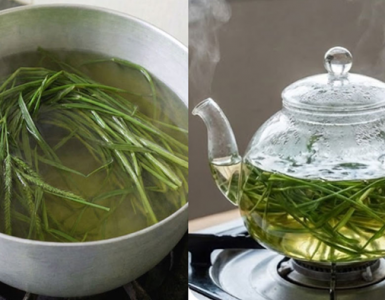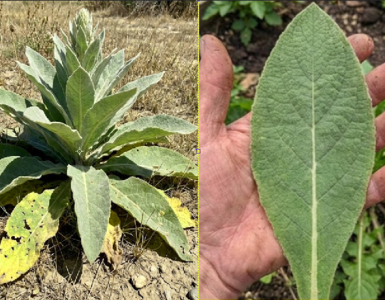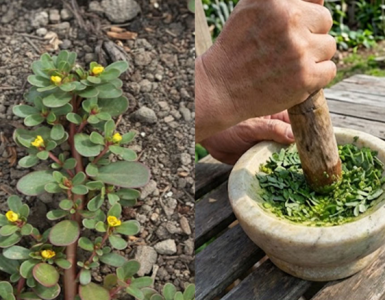Gardenia jasminoides, commonly known as gardenia, cape jasmine, or simply jasmine, is a flowering plant celebrated for its captivating fragrance and versatile culinary applications. Native to Asia, particularly China and Japan, this plant belongs to the Rubiaceae family and is prized for its aromatic blossoms. However, what sets gardenia apart is not just its delightful scent but also its edible nature. From being eaten raw to incorporated into various culinary delights, gardenia offers a spectrum of flavors and uses that extend far beyond its ornamental beauty.
Fragrance and Aesthetic Appeal
The enchanting fragrance of gardenia blossoms is legendary, often evoking images of lush gardens and romantic evenings. Gardenias are renowned for their creamy white flowers with waxy petals and a sweet, heady scent that can perfume an entire room. These blooms are not only visually stunning but also highly prized in floral arrangements, perfumery, and aromatherapy.
Culinary Versatility
What sets Gardenia jasminoides apart from other ornamental plants is its surprising culinary versatility. While primarily grown for its fragrant flowers, gardenia also offers edible parts that are utilized in various cuisines across Asia. Here are some ways gardenia can be incorporated into culinary delights:
Raw Consumption: Gardenia petals can be consumed raw, adding a subtle floral flavor and aroma to salads, desserts, and beverages. The petals are often used as a decorative garnish, enhancing the visual appeal of dishes.
Boiling: Gardenia flowers can be boiled to extract their essence, which can then be used to flavor beverages, syrups, and desserts. The resulting infusion imparts a delicate floral note that elevates the taste of culinary creations.
Pickling: In some cultures, gardenia buds are pickled and preserved in vinegar or brine, creating a tangy and aromatic condiment. Pickled gardenia buds are often served as a side dish or used to add flavor to salads and stir-fries.
Preserving in Honey: Gardenia flowers can be preserved in honey, infusing the honey with their distinctive fragrance and flavor. Gardenia-infused honey is prized for its aromatic profile and can be drizzled over desserts, used as a sweetener in beverages, or enjoyed on its own.
Tea Making: Dried gardenia petals can be steeped in hot water to make a fragrant and soothing herbal tea. Gardenia tea is valued for its calming properties and pleasant aroma, making it a popular choice for relaxation and enjoyment.
Health Benefits
In addition to its culinary uses, Gardenia jasminoides is also associated with various health benefits. Gardenia extract is believed to possess antioxidant, anti-inflammatory, and antimicrobial properties, making it a valuable ingredient in traditional medicine systems such as Traditional Chinese Medicine (TCM). Gardenia tea is often consumed for its calming effects, promoting relaxation and reducing stress levels.
Gardenia jasminoides is not just a beautiful ornamental plant but also a versatile culinary ingredient with a rich history and cultural significance. From its fragrant blossoms to its edible petals, gardenia offers a myriad of flavors and uses that have been cherished for centuries across Asia. Whether enjoyed raw, boiled, pickled, preserved in honey, or brewed into tea, gardenia adds a unique floral note to culinary creations and beverages. Embrace the culinary possibilities of Gardenia jasminoides and discover the enchanting flavors and aromas it has to offer.






Add comment